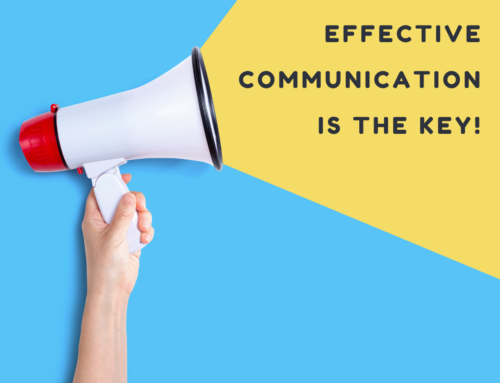On any given day, we get into various arguments to prove ourselves right to others. Whether it be our spouse, other family members, friends, colleagues, or even with people who we accidentally bump into, we get tremendous pride when our arguments help us prove that we are right and the other person is wrong. Human nature, perhaps is such.
However, have you ever wondered what impact does it have on the other person and ultimately what do you as an individual gain out of it. One thing is very clear that the person whom you defeat with your arguments is not happy. No one would ever come back and tell you, “Hi, I was wrong and I am very happy and thankful to you for proving me wrong.”
But the other person’s unhappiness does not really make you happy either. It may definitely boost your ego for some time but may not bring you a sustained feeling of happiness.
The choice ultimately is yours, whether you want to win the argument or whether you want to be happy. There may be situations which I’m not denying and where it would be imperative for you to present your arguments and prove yourself right but are all the life situations such as to warrant you winning an argument always. Isn’t winning a friend better than winning an argument. Isn’t spending a wonderful evening together with your spouse better than sitting alone in a corner of the house after you have won the argument. As per research, the frequency of negative interactions or arguments in a married relationship has a direct correlation with divorce possibilities.
Similarly, isn’t having a cohesive working relationship with your colleagues better than winning an argument and then building a silo around yourself in the office. Negative interactions between colleagues also do significantly impact working relationships and if it is between a boss and a subordinate it even impacts performance appraisal discussions. Is it really worth winning an argument or to instead win a friend or the confidence of your boss and eventually a relationship to cherish.
The next time, be conscious and when you are about to enter into another argument, take a pause and think if it is really worth it. This may sound simplistic but it is not but not all things which take you to the next level are simple. We do need to consciously practice and adopt ways of life which though difficult sometimes are beneficial for us in the long run. Thinking long term as to whether these things really matter after a month, a year, or say 5 years will really help you assess whether such arguments are really worth winning. Believe me, in 99% of the cases, you would choose to win a friend rather than the argument.
I would like to leave you with these wonderful words, ‘You know you won an argument when the other person responds with “WHATEVER”‘.
Happy reading!!!
NALIN CHANDNA







Yet another amazing write up.
I am a follower of this concept. I would like to add to this; No body is wrong. Everyone is right in their perspective and the day they will realize this truth, there will be no room for disagreements, argument or conflict.
Argument leads to anger, Anger leads to resentment and then the size of the Ego gets larger which decreases the energy and powers within, followed by physical illness.
So my Mantra- everyone is right in their perspective.
Arguments never leads to a healthy relationship. Everyone has his/ her perspective and the moment we understand this, we will have an astonishing relationship and our ego will no longer come in between.